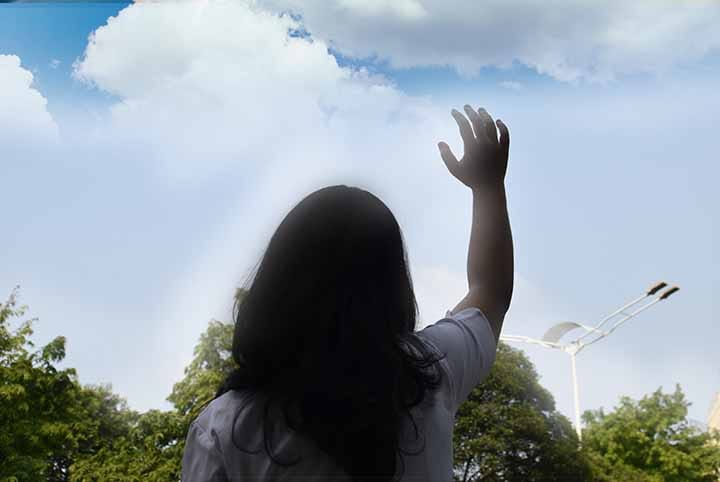The integration of symbolic and ritualized worship with wise and virtuous living is the theme of Psalm chapter 50. In verses 1-15, God invites the people to reflect that God alone owns the universe. He is the one who has the power to direct the course of the universe. There is no one who can control God. If the people are commanded to worship and offer sacrifices, it is not a prerequisite for God to bless people. Instead, through these offerings, God teaches people to connect and relate with Him. God wants people to be in a right relationship with Him that is based on gratitude. This situation led the people to feel God's kindness in sparing us from danger and the call to always glorify Him (v. 15).
In the end we see that God wanted the people of Israel to realize that the worship of God must be based on a heart that is always grateful for God's work that has granted eternal salvation. It is this heart attitude that distinguishes His people from the wicked. The psalmist highlights the conduct of the wicked in verses 16-23. It seems that gratitude to God changes the way believers speak and behave. The wicked no longer remember God and do not offer sacrifices of thanksgiving and therefore live their lives based on lust alone. They forget God by disregarding His words. Their lives are close to abominations or morally wrong things. They even slandered others with ease. "God has been silent", according to the wicked, but what really happened was that God was at war with these people.
Friends of the Bible, God's word today reminds us to build a wise and virtuous life based on a right relationship with Him. That relationship is established through our daily worship and prayer, which in turn renews our words and actions. Isn't it ironic that in this country we often see an irony that is prevalent in various religions? Places of worship are full when it's time to worship, but cases of moral transgression are rampant. People are busy with themselves without caring about others. Let us realize a life that is always grateful by integrating our worship and daily behavior.

























